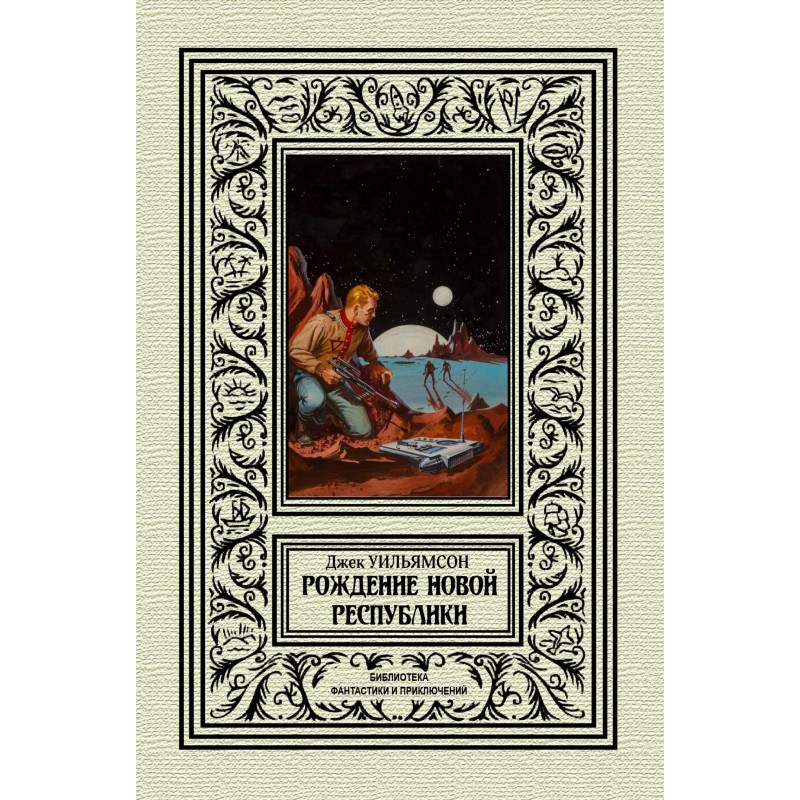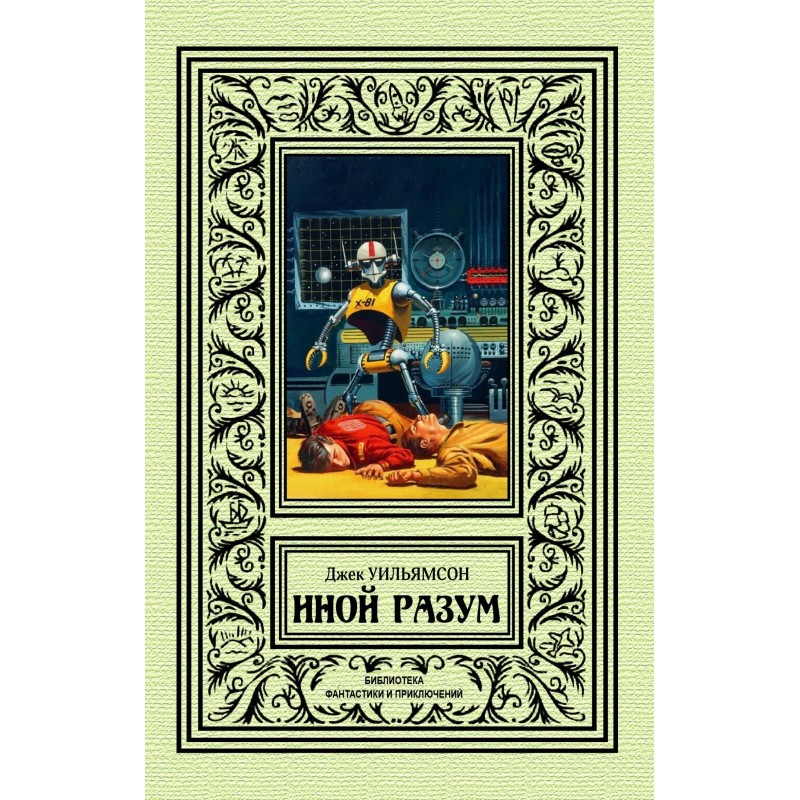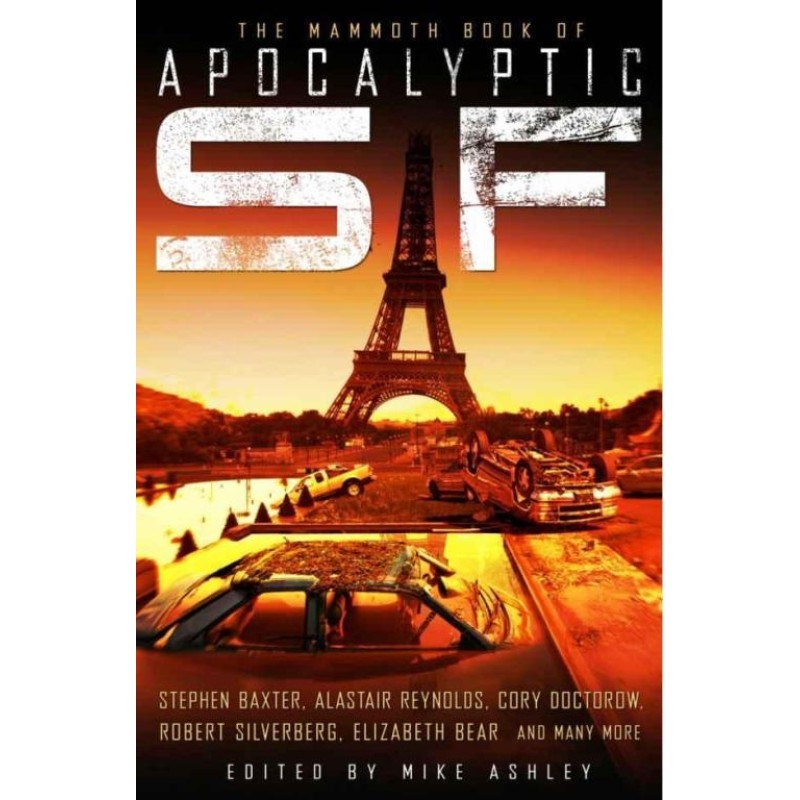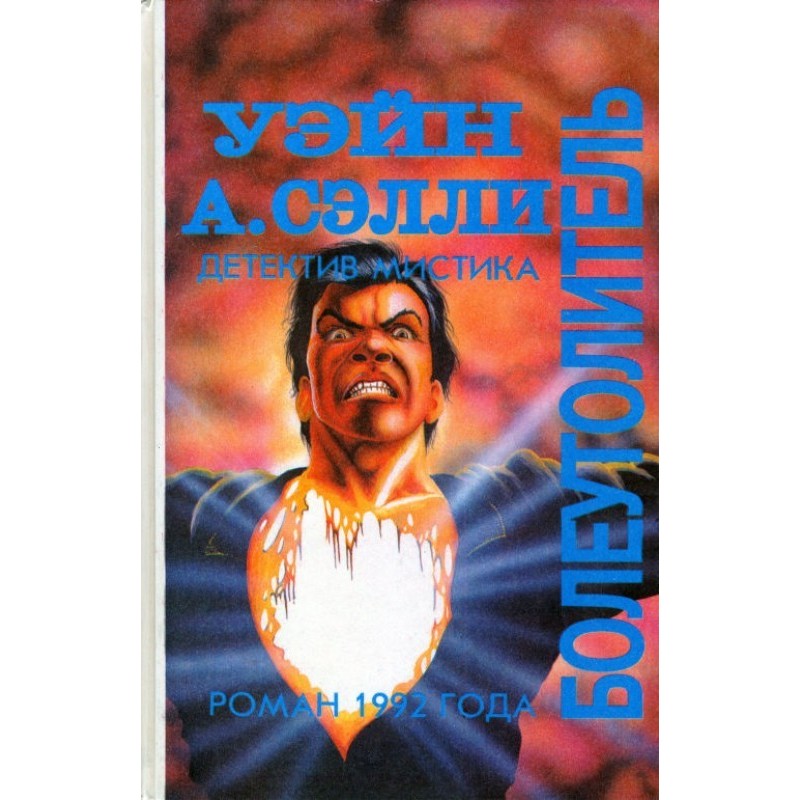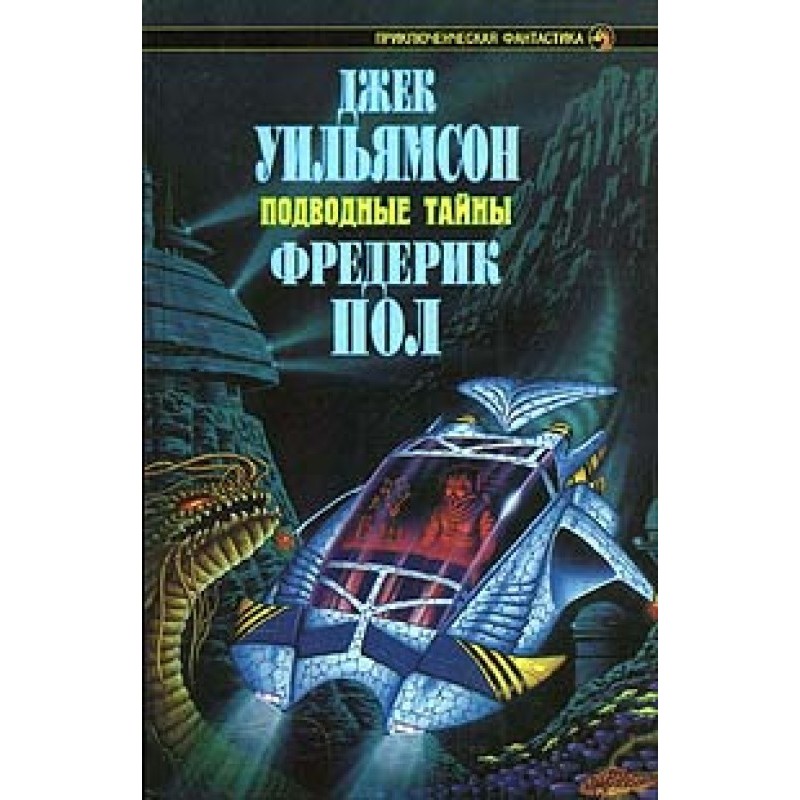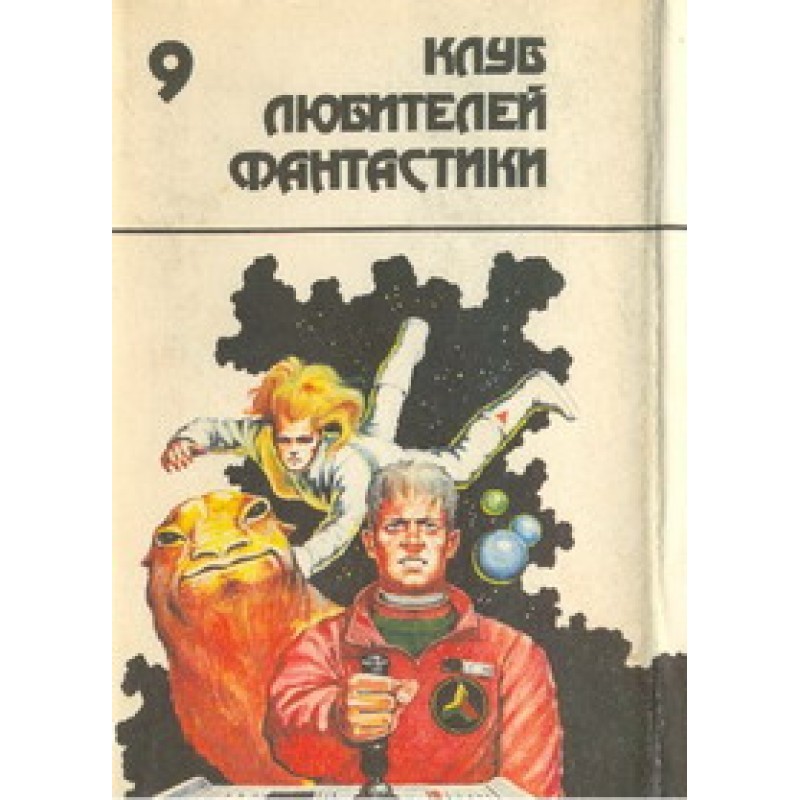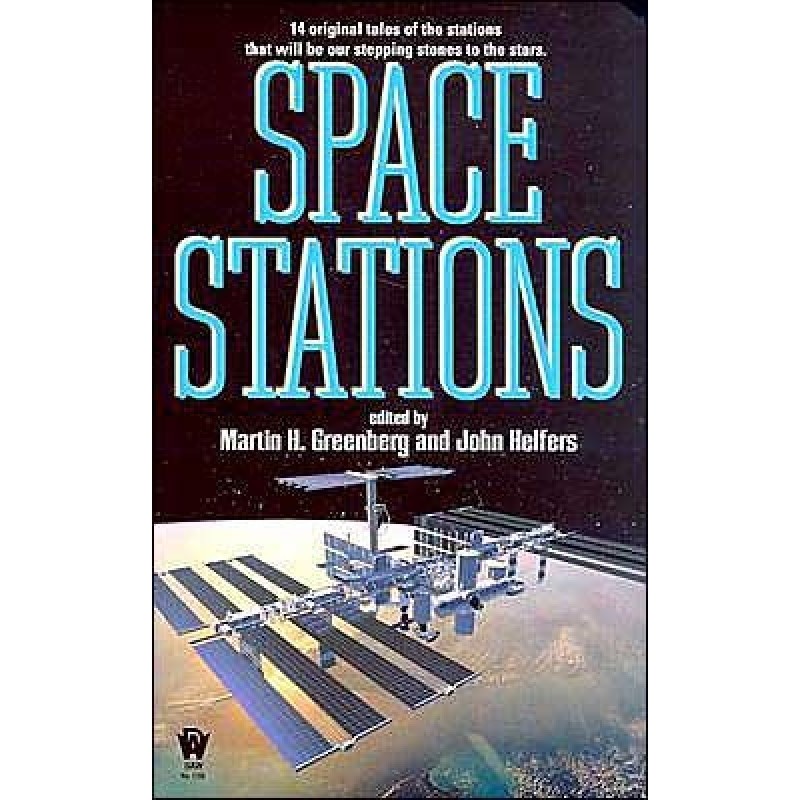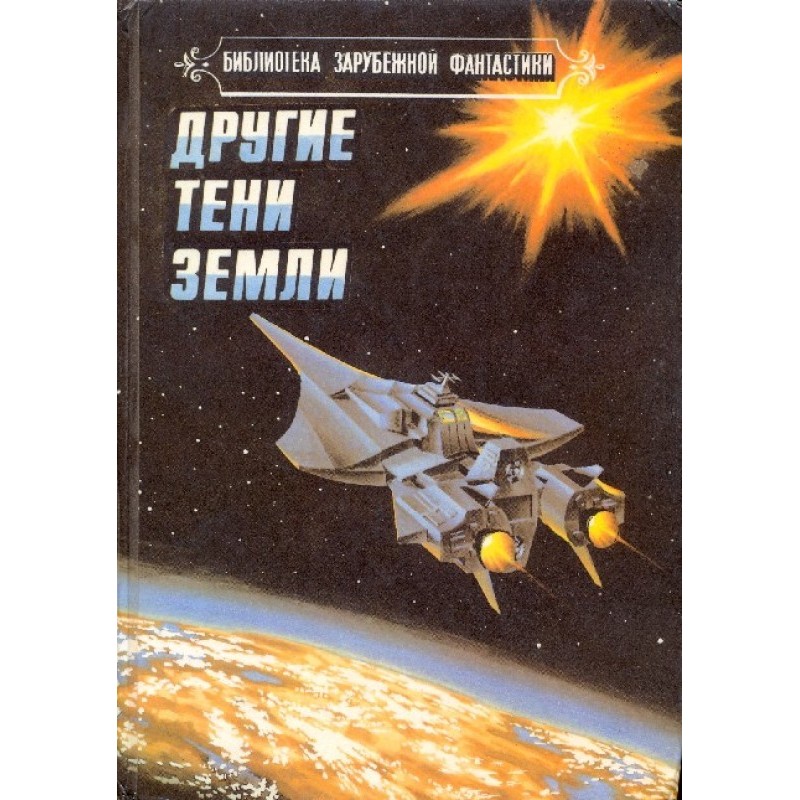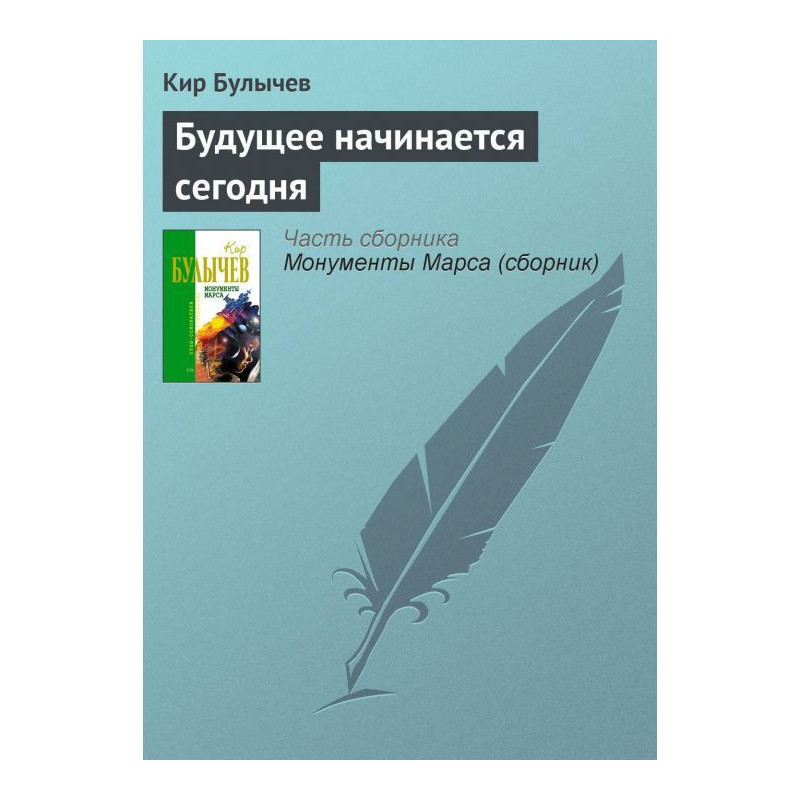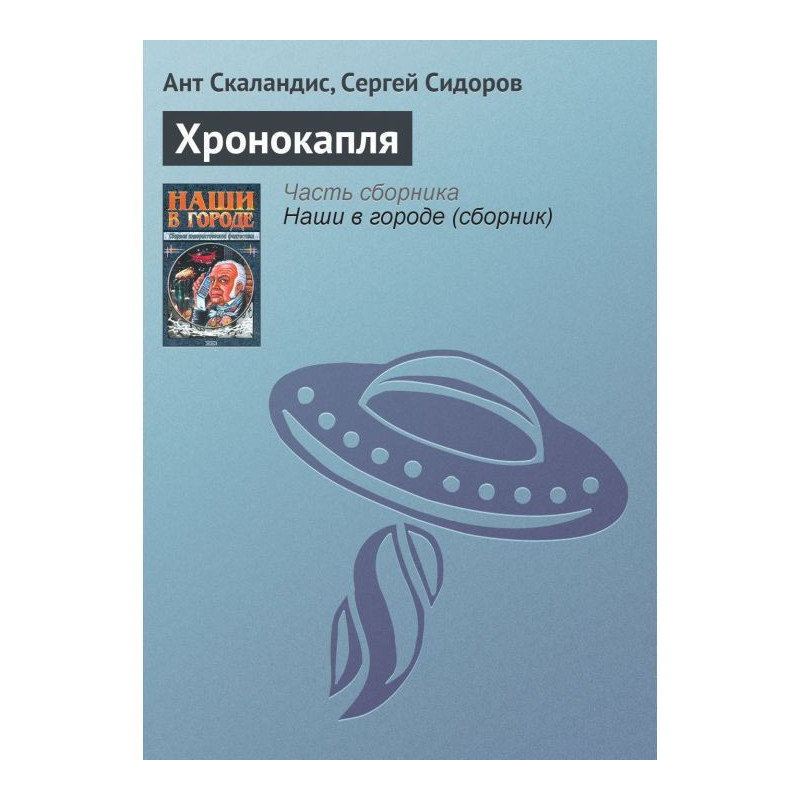Terraforming Terra
 Instant download
Instant download
after payment (24/7)
 Wide range of formats
Wide range of formats
(for all gadgets)
 Full book
Full book
(including for Apple and Android)
Jack Williamson (1908–2006) lived for almost a hundred years and did not stop working until the end. His writing career, the longest in the history of science fiction, spans some eighty years. His earliest story, published in the first science fiction magazine Amazing Stories in 1928, showed the influence of Abraham Merritt. Williamson became one of the major writers of the 1930s, publishing in Astounding Stories such brilliant "thought experiments" as the story "Born of the Sun" (1934), in which it turns out that planets are eggs and The earth is about to hatch. Williamson also paid tribute to early space opera with the Legion of Space series. In addition, he wrote “Legion of Time” (1938), where he emphasized the importance of small moments, called the Jonbar axis, on which the entire course of life sometimes depends. In the City series (Seetee), created in the 1940s, Williamson developed the idea of an extraterrestrial civilization. During this period, he published another significant work, Humanoids (1948), which addressed the problem of over-helpful artificial intelligence. Williamson's works often found themselves at the cutting edge of science. The novel Dragon's Island (1951) explored genetic engineering, a theme the author continued in Manseed (1982). Williamson continued to win awards until the end of his life. The following story forms the first part of his 2002 John Campbell Award-winning novel Terraforming Earth.
Data sheet
- Name of the Author
- Джек Уильямсон
- Language
- Russian
- Translator
- Галина Викторовна Соловьева


